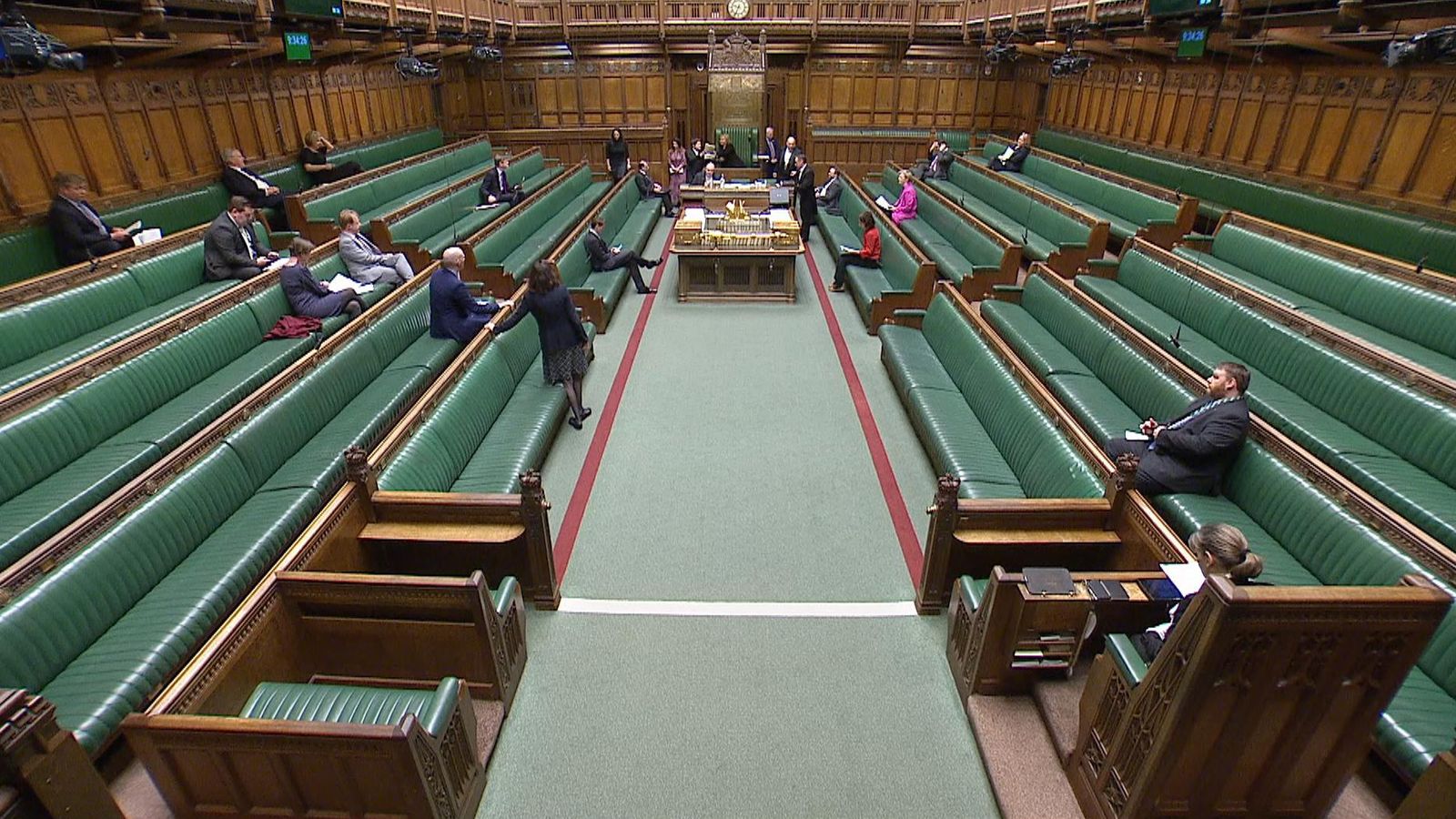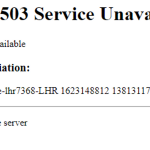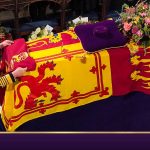As the BBC presenter at the centre of pay-for-images allegations remains anonymous, there is the possibility an MP or peer could name the star.
Parliamentary privilege is a right dating back to 1689 which protects parliamentarians from being sued, for example on the grounds of defamation.
It has been used to expose corruption or criminal activity, but more recently – and controversially – to name rich and famous people protected by the courts.
For example, back in 2011, Ryan Giggs was named as the “married footballer” with an injunction, after tabloid reports that he had an affair with a reality star.
He was named by former Lib Dem MP John Hemming, who campaigned against secrecy in the family courts, but he was criticised by some colleagues for going against a court order.
The retail tycoon Philip Green was named by Lord Hain, back in 2018, again using parliamentary privilege, as the mystery businessman involved in allegations of misconduct, reported by the Daily Telegraph.
The peer later said: “What concerned me about this case was wealth, and power that comes with it, and abuse, and that was what led me to act in the way that I did.”
Could an MP name the BBC presenter?
In the case of the BBC presenter, there is no specific injunction we know of, but he is unnamed because of the tightening of privacy laws.
These have been toughened up in recent years, particularly after the case of Sir Cliff Richard, who was paid damages by the BBC after being named as part of a police investigation.
Both Conservative cabinet minister Mel Stride and Labour’s Jonathan Ashworth told Sky News this morning they would not name the presenter, although some newspapers report that other MPs are discussing it.
Read more:
Everything we know about BBC presenter scandal so far
Sunak says allegations are ‘shocking’
Why hasn’t high-profile star been named?
Be the first to get Breaking News
Install the Sky News app for free
Although they have legal protection, MPs are likely to be wary of the many disputed claims in this case.
Using parliamentary privilege does not always go well for politicians.
The former Labour deputy leader Tom Watson faced calls to resign after he named public figures in parliament accused of involvement in child abuse by Carl Beech, who was later revealed to have fabricated the allegations and was jailed.






















